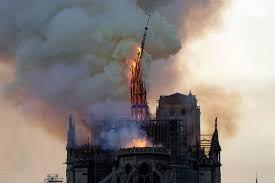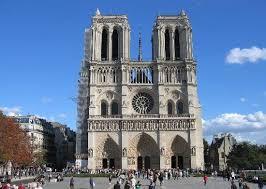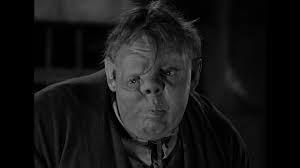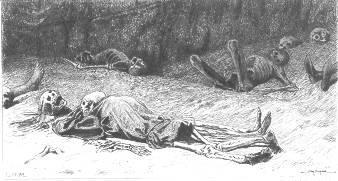 I was surprised at my depth of emotion at the news about Notre Dame (initially it sounded like total destruction).
I was surprised at my depth of emotion at the news about Notre Dame (initially it sounded like total destruction).
I’m a humanist, for whom churches are monuments to unreason. When I heard it mentioned that de Gaulle, after liberation in 1945, went to Notre Dame to thank God, I said he should have thanked America.
Yet Notre Dame is for me very much a humanist monument. A monument to Man the doer, and his soaring ambition. The builders may have been moved by a concept of the sublime that was mistaken; but created something nevertheless sublime itself.

Part of Notre Dame’s heritage, and part of that story, is Victor Hugo’s great 1831 novel — always conjured for me by the cathedral’s image. Conjuring up the world of its construction, and the one centuries later that Hugo depicted — worlds so remote from ours, so benighted and cruel, yet way stations on the road to our better, more humanistic one.
I was a small child when I saw on TV the 1939 Charles Laughton film.

As an adult I read the book. What Hugo did was quite extraordinary: portraying so outwardly grotesque a creature as nonetheless truly human. With feelings we can all relate to, if anything heightened by his deficits. When thinking about the world’s unfortunates, I think of Quasimodo.

All this made me shed tears on seeing Notre Dame in flames.
Advertisements